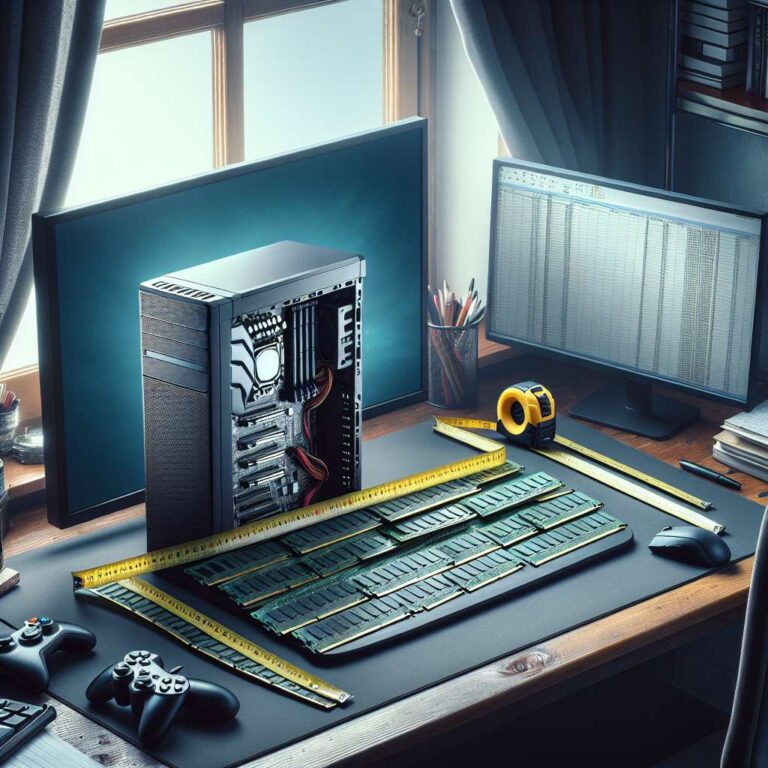The latest Steam hardware and software survey shows a notable shift in memory capacity among PC gamers. Sixteen gigabytes remains the most common configuration at 41.88% of surveyed systems, but 32 GB climbed to 36.46% in August, a rise of 1.31 percentage points from July. At the current rate of change, the survey suggests 32 GB systems could become the dominant choice for gamers within a couple of months, reflecting a broader trend toward higher baseline memory in new machines.
Several hardware and market factors are driving the increase in 32 GB builds. DDR5 memory is becoming more affordable and original equipment manufacturers are offering more varied memory configurations across prebuilts, laptops, and DIY systems. Current generation platforms from Intel and AMD favor dual channel DDR5 setups, and because module densities doubled from the previous generation, new desktops commonly start with two 16 GB modules. The article notes that single channel configurations with a single DIMM are now the most likely way to ship a 16 GB desktop, given the relative scarcity of 8 GB modules.
Software and user behavior also push adoption of larger capacities. Modern high-end games increasingly recommend 32 GB for the smoothest experience at high or ultra settings, and users who stream, record, or run background tools alongside gaming benefit from the extra headroom. Local Artificial Intelligence workloads contribute for some hobbyists and developers, as certain CPU-based tasks or very large models can increase system RAM needs even if many projects rely mainly on GPU VRAM. Students, content creators, and professionals who combine gaming with rendering, CAD, or electronic design automation likewise favor higher capacities, and many buyers choose extra RAM to future-proof systems ahead of later upgrades to graphics cards.

